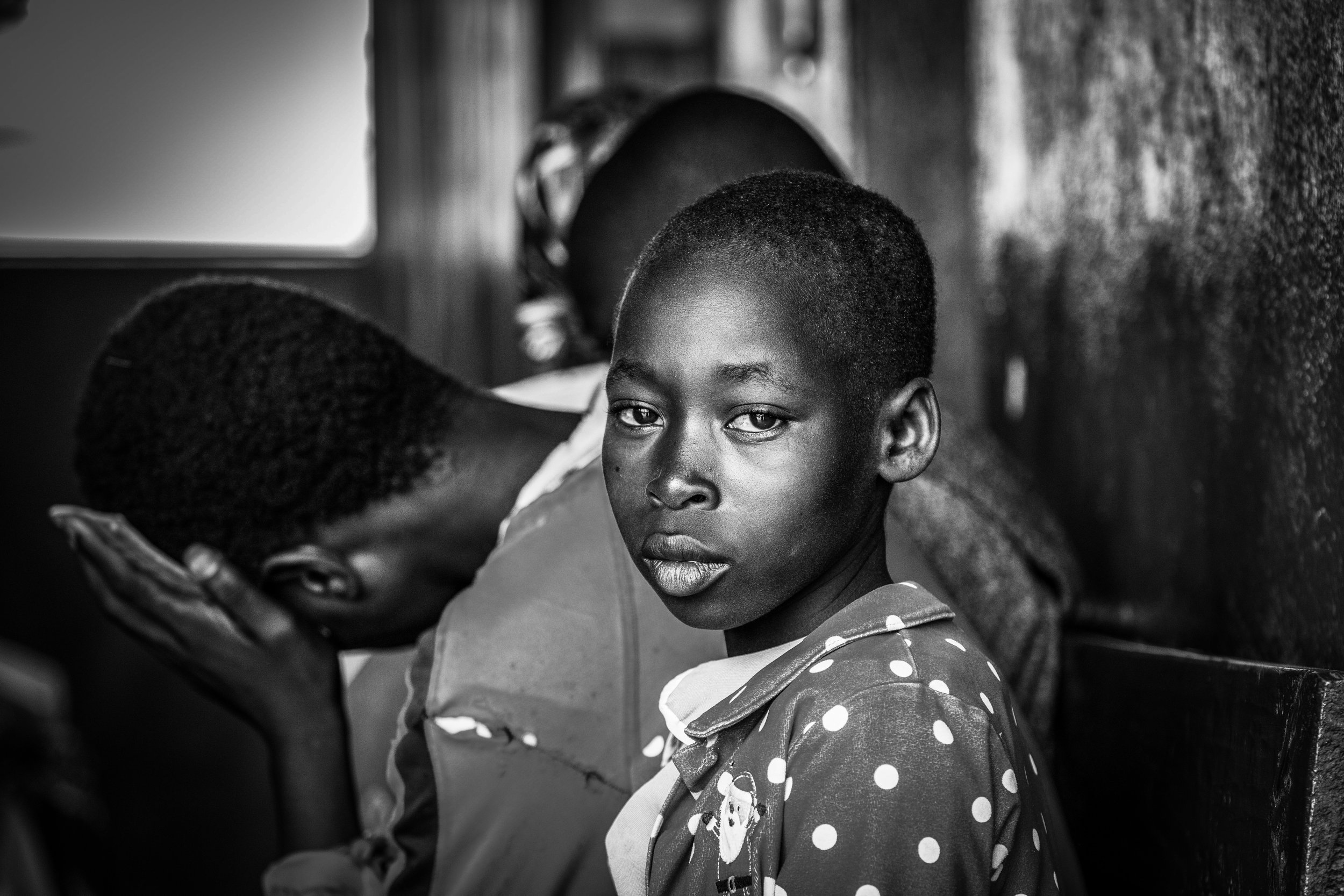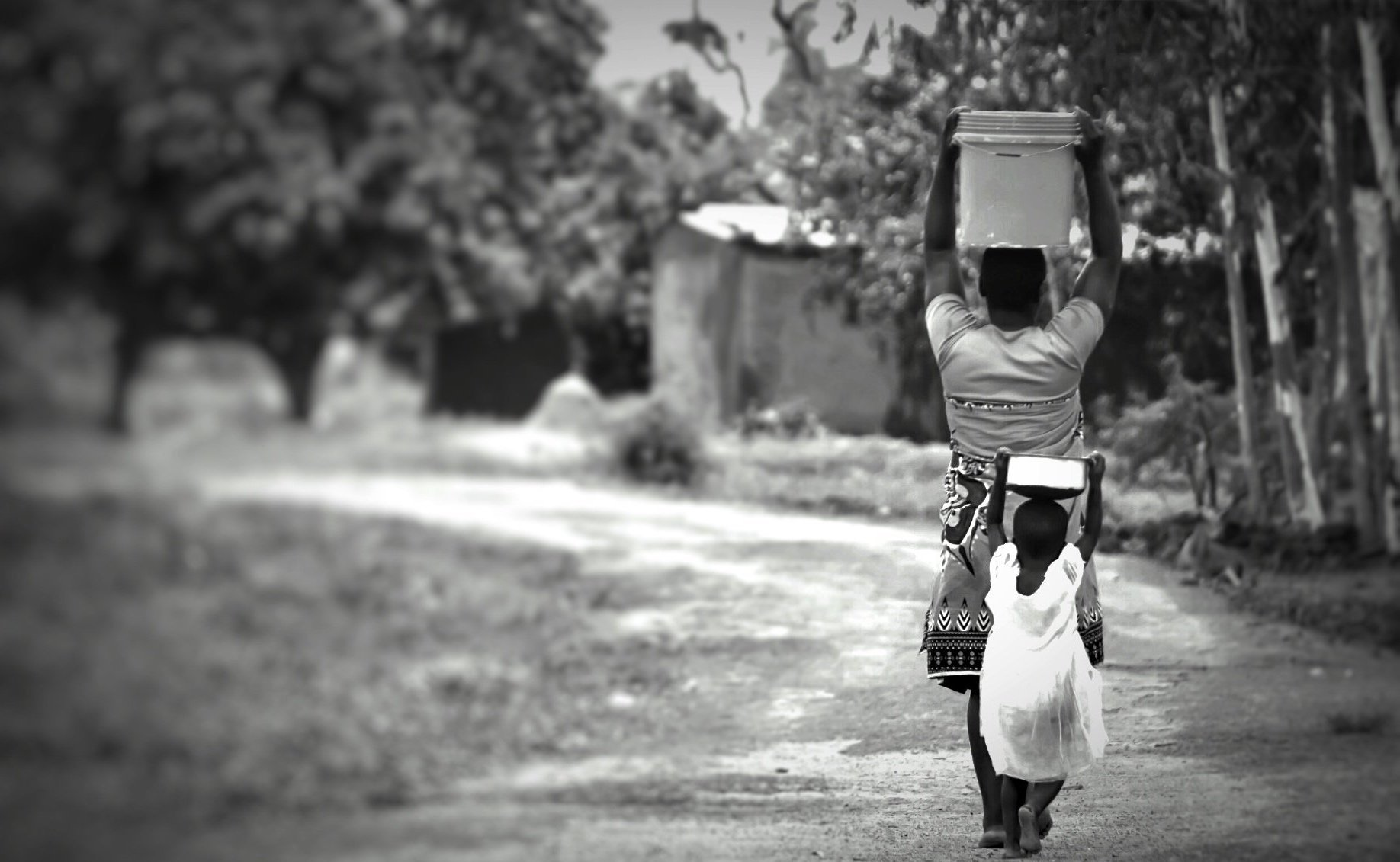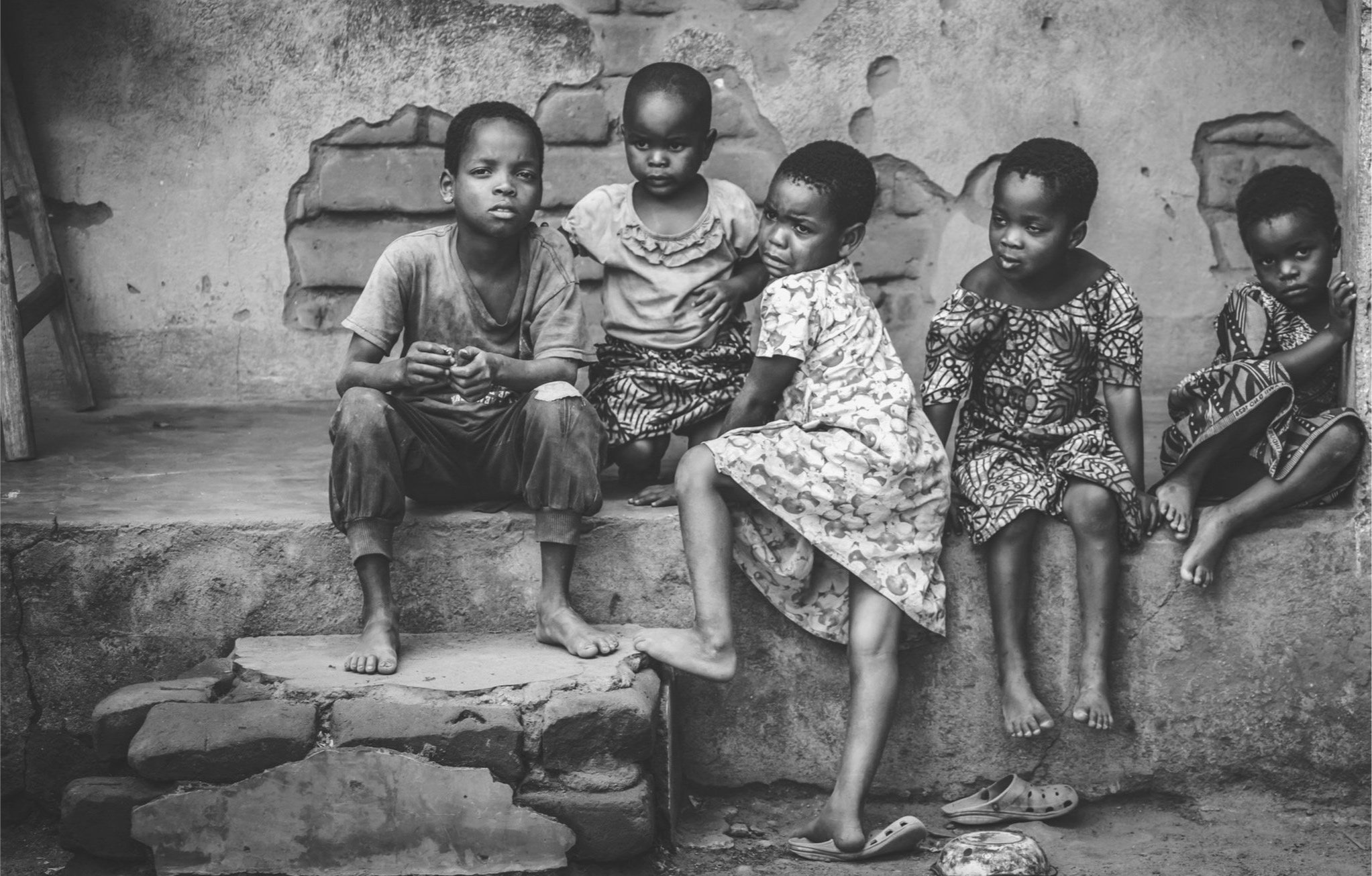
Worldwide, almost 1 billion people do not have access to clean water.
Instead, they rely on water contaminated with bacteria, parasites or toxic pollutants for drinking cooking and cleaning.

Women and children are most burdened with the chore of collecting water.
This steals time from work, education and even playtime.

